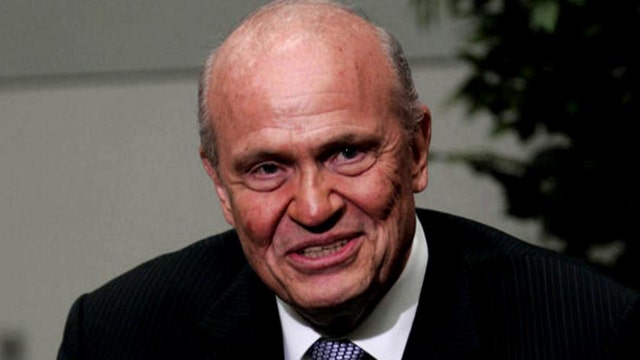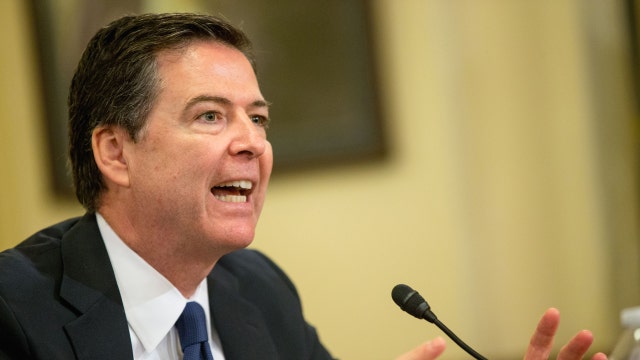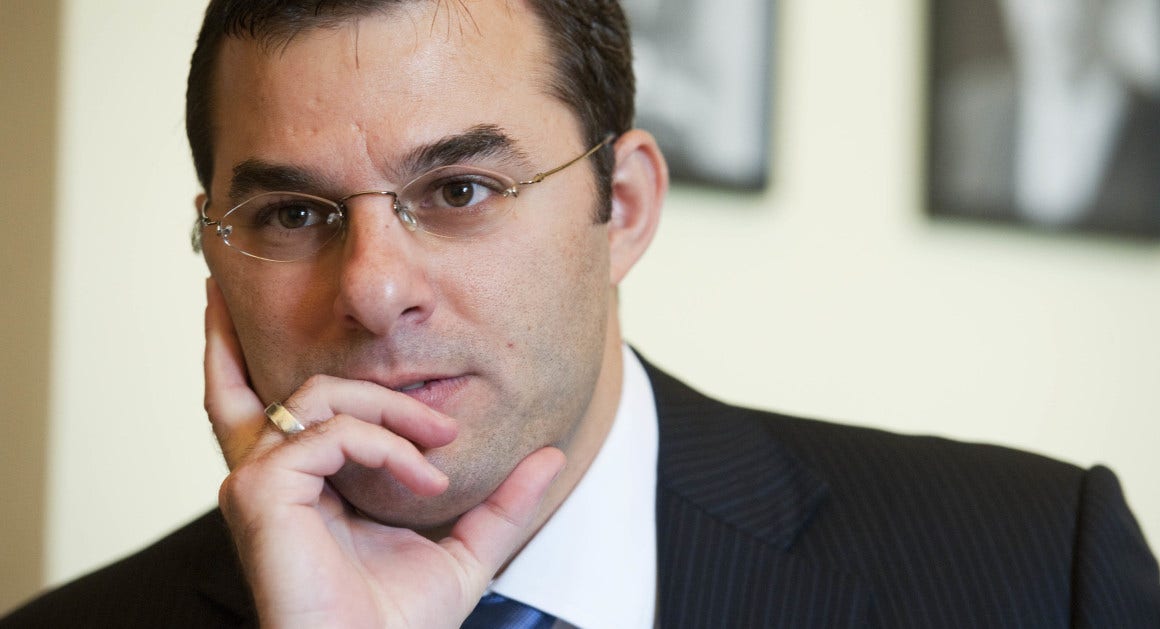What is it about those North Koreans? They always manage to stage a crisis to coincide with the American holidays to get maximum press coverage. But the unexpected death of the country’s “Dear Leader” a week before Christmas? That’s quite an event to arrange — even for North Korea.
Kim Jong-Il’s death may be unexpected but it hasn’t been unanticipated.
It’s not secret that Kim has been sick for several years. A year ago he designated his youngest and favorite son, Kim Jong-un as his heir apparent.
Kim’s father and son were expected to formalize the succession in 2012, on the 100th birthday celebration of grandfather Kim Il-sung, founder of the North Korean state.
The two had hoped for a several year transition period for Kim Junior to learn the ropes.
The question now will be can the twenty-something Kim consolidate power quickly and win over the North Korean generals of the ruling elite. It won’t be easy.
Kim Jong-un is young, inexperienced and has no military background, despite being designated a four-star general last year.
He’s got two older brothers who were passed over for the job, too. He’s got an aunt and uncle who were thought to be close to Kim Jong-Il but who seem recently to have fallen out of favor.
He’s got to provide for the some 40% of North Koreans who will need food, fuel and gasoline subsidies to make it through the winter.
He’s got to juggle relations with China, which provides some 75% of North Korea’s aid donations.
And he’s got to keep all those generals happy.
So what now and what about the United States?
Here are three big issues to watch on the Korean peninsula in the days and weeks ahead:
1. Will Kim Jong-un manage to consolidate his position? How will he do it? Will he try to prove he’s tough enough to fill his father and grandfather’s shoes by provoking a military incident with South Korea?
A year ago, when he was designated heir apparent, the North Koreans sunk a South Korean ship, killing over 40 people, and shelled an island; analysts suggested Kim Junior was signaling that he would, like his father, put ‘military first.’
And, while it may be unrelated, the North Koreans tested a short-range missile a day after they announced Kim Senior’s death.
2. What will South Korea do if tensions rise? A year ago South Korea’s President Lee didn’t retaliate against the North Korean provocations. He was roundly criticized for failing to protect the South Korean people and his popularity plummeted.
President Lee can’t risk looking weak again, especially if another incident results in South Korean casualties. He has put his forces on high alert.
3. What is the greatest risk to stability on the Korean Peninsula? Miscalculation on both sides of the border.
Last year I met with the outgoing U.S. commander of our forces in South Korea who said one of the biggest problems was that North Korea’s self imposed isolation makes them hard to read, and they have trouble reading us. What might be a minor incident could quickly escalate into something much more dangerous.
Even North Korea’s most senior leaders have little contact with the outside world. They have no Internet, no Facebook, no blogosphere and they’re not on Twitter.
North Korea is one of the poorest countries in the world, and governed by an insular group of military leaders.
North Koreans don’t travel abroad and foreigners don’t go to North Korea. Yet on their southern border, just across a heavily fortified Demilitarized Zone, lies South Korea — an open, democratic society, and one of the world’s economic miracles.
So why does America care what happens to a small dictatorship half way around the world? Because North Korea has nuclear weapons and we have a mutual defense treaty with South Korea.
The United States has some 28,500 military personnel in South Korea, many serving as a tripwire at the demilitarized zone between North and South.
Our navy recently completed a joint military exercise with the South Korean Navy. There is no doubt that a military conflict between North and South Korea would involve U.S. troops.
As 2011 comes to a close, and just as America is exiting one war zone, things may start heating up in another one, half way around the world.
Kathleen Troia “K.T.” McFarland is a Fox News National Security Analyst and host of FoxNews.com’s DefCon 3. She is a Distinguished Adviser to the Foundation for the Defense of Democracies and served in national security posts in the Nixon, Ford and Reagan administrations. She wrote Secretary of Defense Weinberger’s November 1984 “Principles of War Speech” which laid out the Weinberger Doctrine. Be sure to watch “K.T.” every Wednesday at 2 p.m. ET on FoxNews.com’s “DefCon3”– already one of the Web’s most watched national security programs.





Leave a Reply